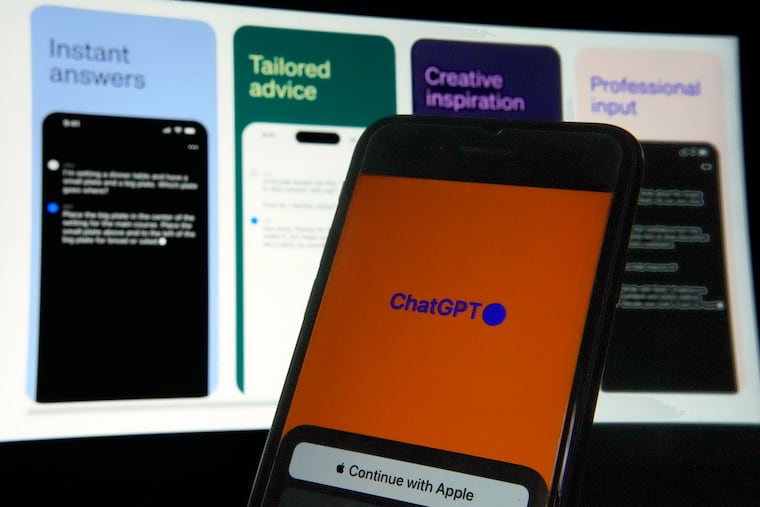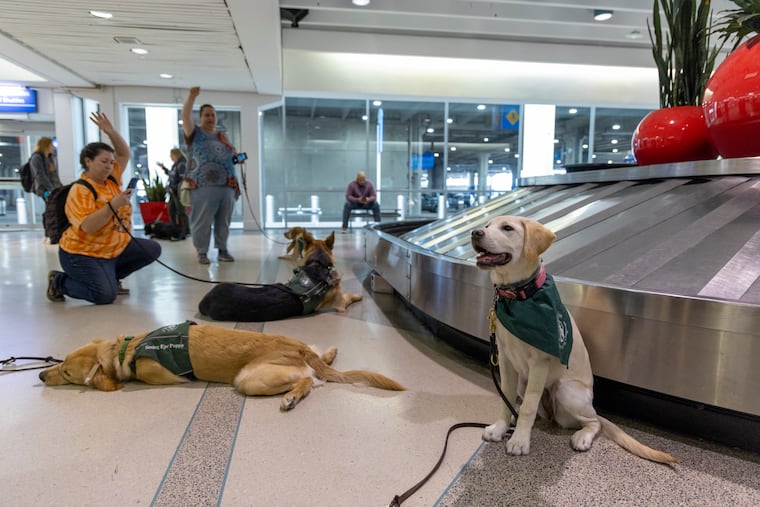Penn plans to establish the Ivy League’s first in-house NIL collective.
On Thursday, it was disclosed that the University of Pennsylvania is in the process of potentially establishing a name, image, and likeness (NIL) collective, aiming to support its student-athletes in monetizing their personal brands in the coming years. This initiative, first reported by Media News Source, is contingent upon approval from the Ivy League, which has traditionally taken a cautious approach towards NIL agreements and payments among its member institutions.
Sources have indicated that while the collective is still awaiting official approval, it may have been operational in a limited capacity prior to being temporarily paused. Reports suggest that Penn’s men’s basketball program has begun to inform its athletes about the evolving plans for the NIL collective, signaling a move towards broader support for student-athletes under current NIL legislation.
If realized, this collective would mark a significant milestone as the first of its kind within the Ivy League. The conference has generally refrained from endorsing direct monetary compensation for student-athletes through collectives, maintaining a philosophy focused more on academic and ethical considerations. However, Penn has historically permitted its student-athletes to pursue legitimate NIL opportunities with external businesses.
The discourse surrounding the effectiveness of Penn’s current NIL strategy has been critical, particularly from former student-athletes. Malachi Hosley, a former running back who transferred to Georgia Tech, expressed concerns regarding the university’s capacity to facilitate lucrative NIL opportunities for its athletes. He remarked that while Penn has made efforts in this area, including establishing a website to promote potential deals, the outcomes have not fully met the athletes’ expectations.
Penn Athletics did not provide immediate commentary regarding these developments when contacted for this report. The university’s potential foray into NIL collectives reflects a broader national trend among collegiate sports programs, as institutions adapt to the evolving landscape of athlete compensation and brand engagement.
As the conversation surrounding NIL continues to gain traction in higher education sports, Penn’s actions may influence other Ivy League institutions to reconsider their own positions on athlete support and financial opportunities. The outcome of the university’s collective proposal could set a precedent for the future of NIL in the Ivy League and beyond.







